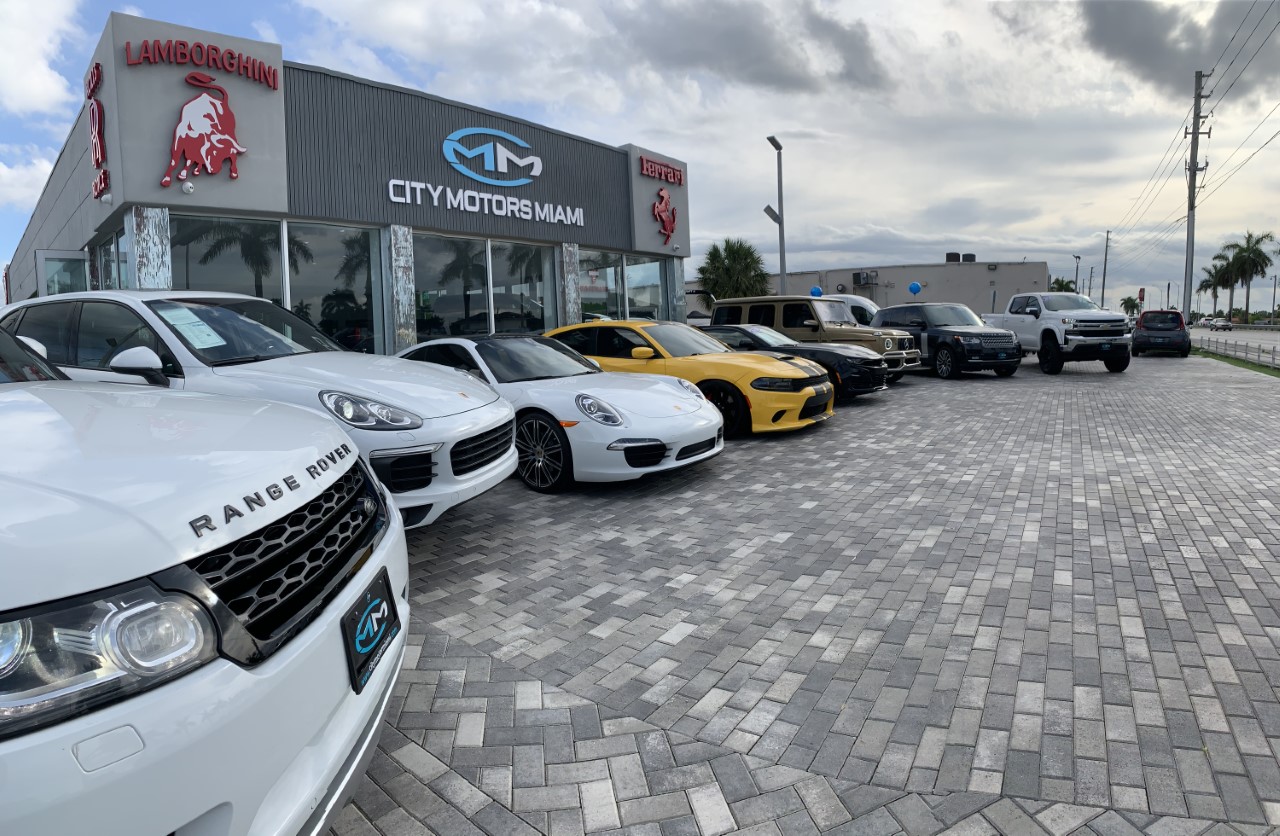Great auto painting involves a series of several deliberate, detail-oriented tasks.
If executed carefully and correctly, the result is an A+ paint job that looks professional and appealing. After a well-executed paint job, the paint will feel perfectly smooth and flawless to the touch, it will appear lustrous and shiny to the eye, and will last for many years thereafter.
It is important to understand at the outset, before beginning any automotive-painting project that the ultimate result is determined by how well and thoroughly each stage is completed. One stage builds upon the other, and hasty mistakes and errors cannot be concealed, no matter how many coats of paint and clear coat you apply.
There is no point in rushing through stages, because of shoddy workmanship, however minor at any stage, will doom all further efforts, and make it pointless to continue.
Most unsatisfactory do-it-yourself paint jobs can be traced to rushing through steps and not finishing each step thoroughly and completely.
So first rule of thumb:
Take your time to do it right, and if you make a mistake, stop and correct it. It’s self-defeating to push forward without meticulous care given to each step. After all, the fundamental reason you undertook the project in the first place is because you wanted a terrific paint job you can be proud of and a car that doesn’t embarrass you.
Painting a car requires slow, fastidious execution of the following general steps:
– Sanding and repairing surface imperfections, like scratches
– Applying body filler as needed
– Sanding and more sanding, using progressively finer grades of sandpaper
– Thoroughly cleaning the entire surface to be painted
– Masking carefully all areas of the car you want to protect from paint
– Applying primer
– Applying the paint color (usually three coats)
– Applying the clear coat (usually three coats)
To accomplish the project successfully, you will need a good paint gun, a compressor, sandpaper in a variety of grades, good auto paint and clear coat, a few hand tools, clear plastic and masking tape, and some patience.
Some people get hung up on which paint gun to choose to paint their car, and waste an enormous amount of time worrying over the features and benefits of the many models of paint guns available on the market. This is a useless exercise. Any reputable brand will do and many can be purchased for around a hundred dollars. The most important consideration is to choose a paint gun that feels “right” to you, one that is comfortable in your hand.
A word of warning on paints and solvents is in order: Make certain all of these products are compatible or the results could be ugly, if not disastrous. Also, be sure the compressor is suitable for the paint gun and delivers the paint to the car’s surface correctly.
Learning how to paint cars is easy, and a way to save massive amounts of money. To get the best tips on how to do it yourself and paint your own car please read below.




More Stories
How to STOP Your Car From Being Stolen!
Boat Cleaning Service Agreement Templates and Service Contracts – Are They Necessary?
Removing Lipstick From Your Cars Interior